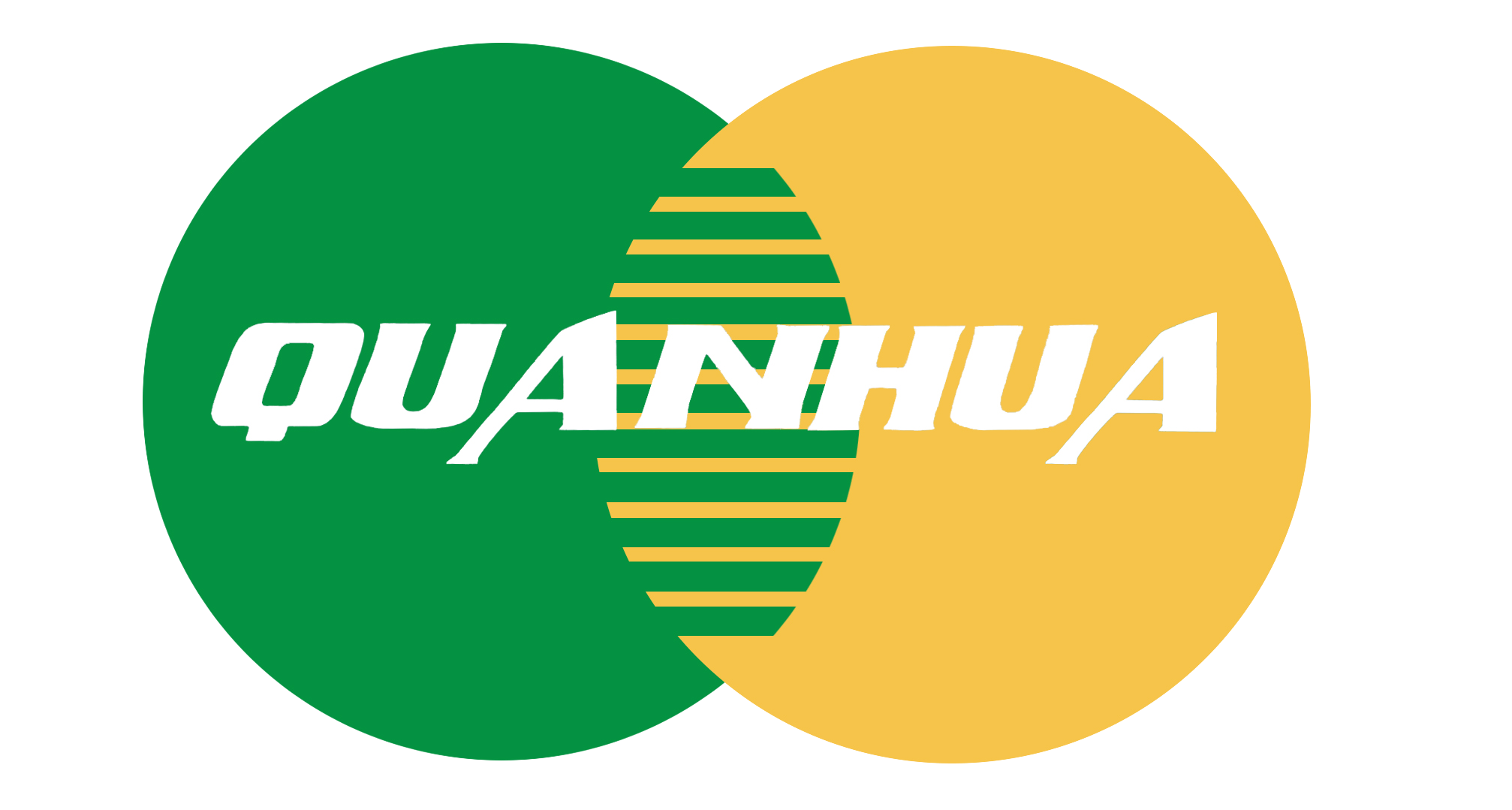How Quickly Do Cornstarch Forks Decompose? Understanding Biodegradation and Its Benefits
Cornstarch forks have emerged as a popular eco-friendly alternative to traditional plastic forks. Their biodegradability, derived from their plant-based composition, offers a significant advantage in reducing plastic waste and environmental impact. But how quickly do cornstarch forks decompose? Let's explore the science behind their biodegradation and its benefits for the environment.
Understanding Biodegradation
Biodegradation is a natural process in which organic materials, like cornstarch forks, are broken down by microorganisms, such as bacteria and fungi. These microorganisms use the organic matter as an energy source, converting it into carbon dioxide, water, and other harmless byproducts.
Factors Affecting Biodegradation Rates
The rate of biodegradation depends on various factors, including:
・Material Composition: The specific type of plant-based material used in the cornstarch fork can influence its biodegradation rate. Some plant-based materials may decompose faster than others.
・ Environmental Conditions: Temperature, moisture, and oxygen levels play a crucial role in the biodegradation process. Warmer temperatures, higher humidity, and adequate oxygen generally accelerate biodegradation.
・Composting Environment: Composting facilities provide optimal conditions for biodegradation, with controlled temperature, moisture, and microbial activity. Cornstarch forks decompose significantly faster in composting environments compared to natural settings.
Biodegradation of Cornstarch Forks
Cornstarch forks are generally considered biodegradable under favorable conditions, meaning they can break down naturally into organic matter without leaving behind harmful microplastics. While the exact decomposition time can vary depending on the factors mentioned above, cornstarch forks typically decompose within a few months to a few years in composting environments.
Benefits of Biodegradable Cornstarch Forks
The biodegradability of cornstarch forks offers several environmental benefits:
・Reduced Plastic Pollution: Unlike traditional plastic forks that persist in landfills for centuries, cornstarch forks decompose naturally, minimizing plastic waste and preventing microplastic pollution.
・Sustainable Resource Management: Cornstarch forks are made from renewable plant-based materials, reducing reliance on non-renewable petroleum sources used in plastic production.
・Nutrient-Rich Compost: As cornstarch forks decompose, they contribute to the creation of nutrient-rich compost, which can be used to enhance soil health and support sustainable agriculture.
Conclusion
Cornstarch forks offer a sustainable and eco-friendly alternative to traditional plastic forks. Their biodegradability, coupled with their lack of harmful chemicals, makes them a responsible choice for reducing environmental impact and promoting a greener future. By choosing cornstarch forks, we can collectively contribute to a cleaner and healthier planet.

